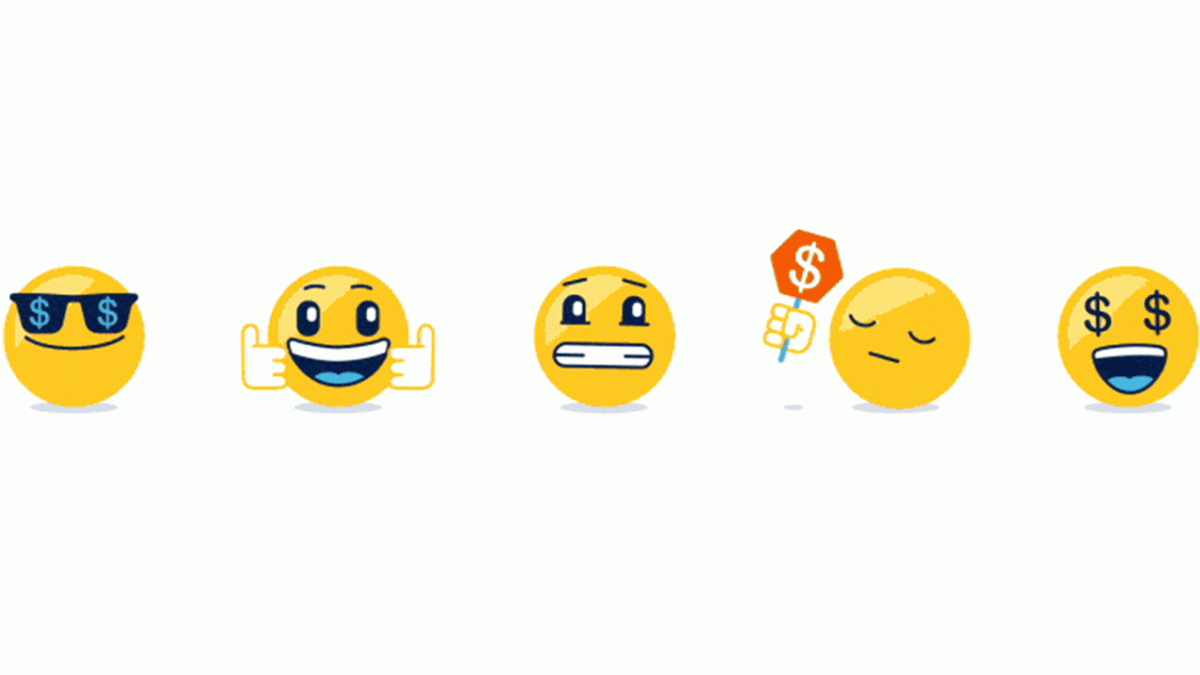
I am one of those super annoying people who absolutely loves to over-use Emojis. In fact just today there’s a bunch of super pissed off friends who can attest to this, because the second I heard it was World Emoji Day I refused to talk to them with anything that wasn’t an Emoji.
Why? Well, I’d be lying if I didn’t say about 90% of my motivation was because I find it kind of funny when they get annoyed, but turns out businesses are starting to adopt them for more legit ‘you can fix your bad habits’ type reasons.

International brands like Ikea are getting in on it by creating their own line. In 2016 CNN turned the election into Emojis to make the whole thing more accessible and, well, fun. PETA jumped on board and tugged at heartstrings with their Emoji-based video campaign.
Why do we connect with Emojis so well?
“Emojis can express a single emotion or feeling immediately,’ explains Independent Clinical and Behavioural Psychologist Jaimie Bloch, “It’s an easier way to communicate.”
A 2013 study found that the brain of participants responded in the same way to a real picture of a happy face, as to the conventional Emoji configurations (ie. ‘🙂‘). Babies don’t have this response, we’ve just completely retrained our brains to see emojis as we see real faces. Once again, the brain is a weird and super cool thing.

So then it’s no surprise that ANZ is currently running a pilot using emojis in-app. They’re using five emotions – bliss, happy, on track, caution, overspend – as a visual representation of how users are tracking within their budget.
The intention being to connect people who use money (all of us) and probably don’t pay as much attention to it as they should (come on, that’s still most of us) to their finances in hopes of improving their daily spending habits.
“Something like an app with an easier way to engage with something that is traditionally more corporate and scary turns it into something more exciting. Over time this positive reinforcement can help it become a habit.”



